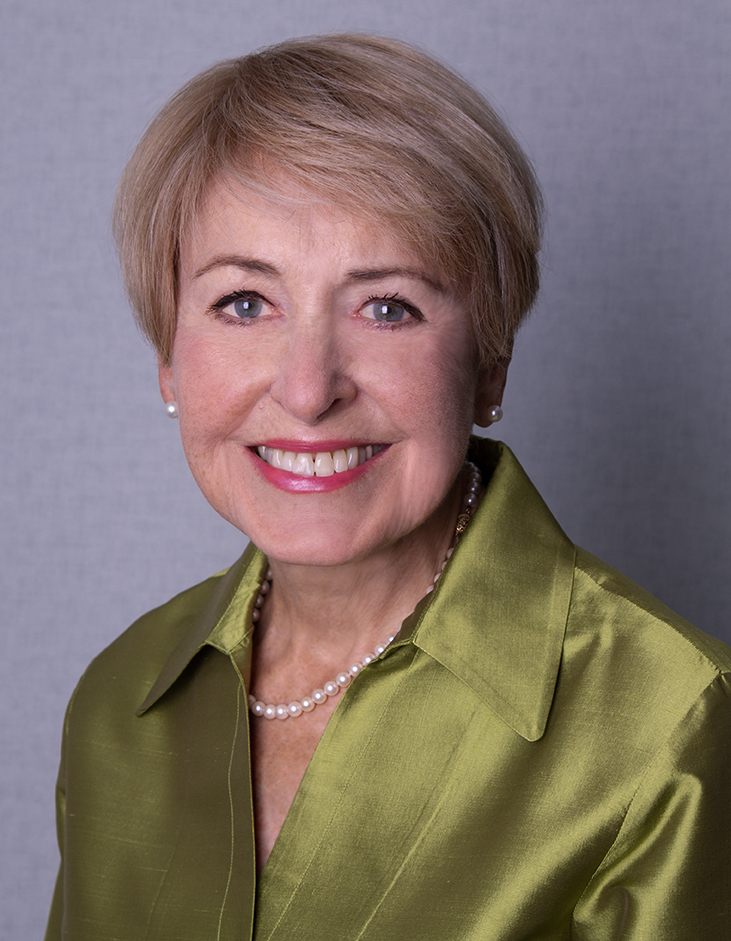
When a coach is being a good coach, the client “gets” the information the coach intended to impart in the coaching session and puts it into action. But when the coach is being a great coach, the client and coach engage in a creative conversation which leads to insights, opportunities and actions neither could have predicted or generated alone.
The foundation of integrity includes each party keeping his/her word; open and honest communication; trust; respect; admitting mistakes; and being responsible for the success of the coaching program. It is the coach’s responsibility to create this mutual foundation with the client. Operating with this level of integrity and communication, the client’s promises have power in the world. When the client’s promises have power, the client will promise to take actions and produce results far beyond his/her comfort zone, making breakthrough results possible.
Not merely insights, but actions that result in higher performance and greater results.
It does not rely on the coach’s similar life experiences, as an advisor or mentor might do. Great coaching employs a body of transformational distinctions in the areas of leadership, communication, management, teamwork, productivity, breakthrough performance, change management, etc. which shift, expand and fine-tune the client’s perceptions. As a result the client breaks free of limiting assumptions and blind spots, making available vast new possibilities and more effective choices. Performance breakthroughs occur.
It’s closer to a coach – quarterback relationship. The client brings his/her expertise and experience. The coach brings her ability to increase performance via extraordinary listening, a body of powerful distinctions and an ability to speak to the client’s core being and biggest commitments.
No matter how much Management wants the employee to be coached or to work with a particular coach, the employee must be given full freedom to choose. As a best practice, Trisha meets with the prospective client to answer questions, establish rapport and allow both parties to choose whether they can work effectively together. The program begins when they both choose yes.
Therefore, everyone can benefit from coaching.
Senior people have more at stake, so they are willing to try new paths if familiar ones won’t get them to the goal. Most realize they don’t know it all, that they have a limited view of reality, and they can’t do it all alone. We have found CEOs, Presidents, Chairmen and EVPs receptive and creative users of coaching. They love the intellectual inquiry of our coaching, the emphasis on measures and practical action, and the opportunity to leave a legacy that great coaching provides.
Beyond the domains of doing and having, what is the being of leadership? Of management? Of team? Heidegger said “Language is the house of being.” A coach’s access to a client’s being is through language – how a client listens and speaks, and the assumptions and perceptions from which that speaking and listening arises. Through that route we identify, test, challenge, shift, and expand the client’s way of being. From that shift comes a new level of authenticity and commitment, which others respond to, enhancing the client’s ability to lead, manage, communicate and motivate.
Clients share their doubts and dreams with us. We are entrusted with information and concerns the client may not be able to share with anyone else. We are guiding and shaping leadership. Done well, coaching makes a difference in the client’s life forever and may even shape the future of an entire organization, affecting thousands of lives for the good.